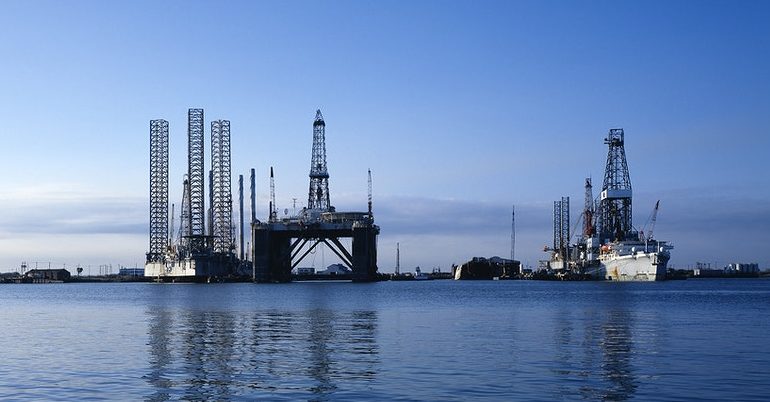Taxes on UK’s biggest polluters could have raised £23bn over the last year

A new report has found that fairer taxes in the UK’s biggest polluters could have raised up to £23bn last year. The report, published by Oxfam, found that more rigorous taxes on fossil fuel companies and the mega-rich could have raised massive sums to help tackle the climate crisis.
Oxfam says that with this tax revenue, seven million UK homes could have been insulated and fitted with low carbon heating and £11bn would have still been left over.
The report – Payment Overdue – Fair ways to make polluters across the UK pay for climate justice – argues that by targeting just those who are most responsible for emissions, the government could quickly and fairly secure funds needed to help tackle the climate crisis while ensuring the burden does not fall on the majority of people.
Among the suggested taxation measures suggested in the report are redesigning the windfall tax on fossil fuel firms, redirecting fossil fuel subsidies, introducing a frequent flyer levy, and taxing private jet and superyacht use.
Speaking on the report, Lyndsay Walsh, Oxfam’s Climate Change Policy Advisor said: “While the world struggles to meet the rising costs of climate change and the UK increasingly looks to a dwindling aid budget to finance escalating global needs, billionaires are amassing yet more wealth and fossil fuel producers are reaping billions in profits.
“It is people who are least responsible for the crisis who are currently bearing the brunt of climate change – facing poverty, hunger, and ever more scarce resources.
“At this week’s UN Climate Ambition Summit in New York world leaders urgently need to step up with tangible and credible solutions to tackle the climate crisis. The options outlined in this report offer the type of bold solutions that are needed to raise finance fairly and reduce emissions, by targeting the richest polluters.
“Fossil fuel companies and the richest people who have done most to cause – and continue to cause – irreversible damage to our planet could and should be the ones footing the bill. It is crucial that any measures to raise new finance shield lower-income households from the costs.
“There is money available to address one of humanity’s biggest challenges – why on earth is the government not mobilising it? What we need from political leaders is the courage to ensure the biggest and richest polluters are the ones that pay.”
Oxfam is calling for the government to stop using public finance to support fossil fuel producers operating in the North Sea – estimated at around £3.35bn in 2022. Instead, Oxfam says that this finance should be redirected towards a ‘fossil fuel free future’.
Oxfam has also calculated that a permanent windfall tax on fossil fuel firms could have raised an additional revenue of between £2.2bn and £4.4bn.
Walsh said: “From devastating floods in Pakistan to wildfires in Greece and rising sea levels in the Pacific, it is now clear that some damage from climate change is unavoidable. Despite the historic decision at COP27 last year to establish a Loss and Damage fund, the UK government currently still does not give any dedicated finance to address this. Instead, it continues to encourage new fossil fuel projects.
“More money is also urgently needed in the UK to reduce emissions in a fair way and move to a more sustainable economy which will simultaneously improve people’s lives and reduce poverty and inequality. But funding is falling far behind the levels required for this to happen.
“Faster and fairer action to tackle the climate crisis, and to support those already hit hard in the UK and globally, can no longer be delayed. This payment is already long overdue.”
PS. We hope you enjoyed this article. Bright Green has got big plans for the future to publish many more articles like this. You can help make that happen. Please donate to Bright Green now donate to Bright Green now.
Image credit: Carol Highsmith – Creative Commons




Leave a Reply